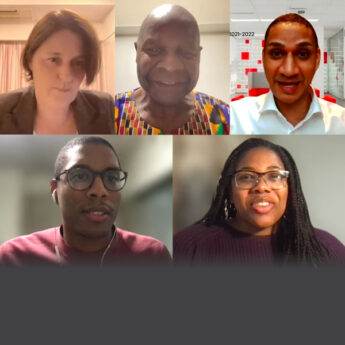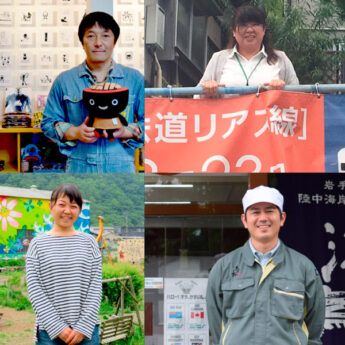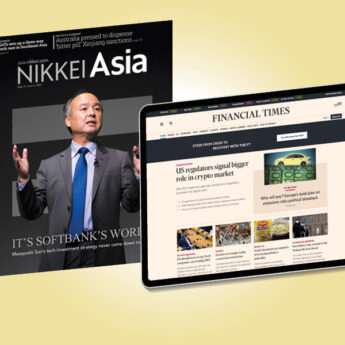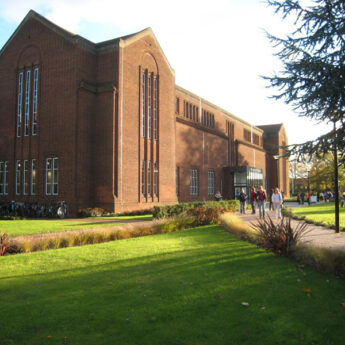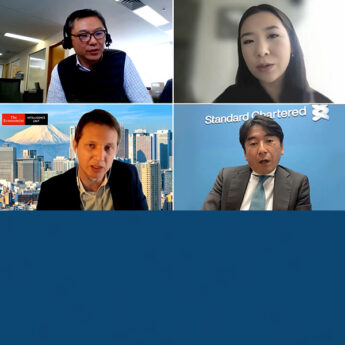- London 2012 resulted in boost to transport, facilities, investment, tourism, birth rate
- Need for unity among national and city governments, Olympic committee
- Boris Johnson stresses the continued importance of the UK–Japan relationship
Mayor of London Boris Johnson has called on the naysayers predicting disaster as a result of Tokyo hosting the 2020 Olympic and Paralympic Games to think again. He insists that London is ready and willing to share the knowledge and expertise that made the 2012 Games a triumph.
Speaking at an event jointly hosted by the British and American chambers of commerce in Japan on 15 October, Johnson said that the positives of hosting the largest sporting spectacle on the planet far outweigh the negatives—as long as the organisers are united.
“In Tokyo, there are sectors of the public and the press that are worried about the expense involved in staging the 2020 Olympic and Paralympic Games, and are wary about the disruption it will all cause”, he said.
“I clearly remember the mood of ‘Olympicsceptics’ in London—even in the last few days ahead of the opening ceremony—and the gloom in the media”, he added, recounting dire predictions of cataclysmic weather, a security crisis and transport woes.
“In the end, it did not rain, the mood lifted and it was as if the entire British public had been crop-dusted with serotonin.
“I’m not boasting, but what we achieved was quite extraordinary”, Johnson said, pointing to a modernised and extended tube system that runs faster and the “transformation” of London’s East End.
The successes have continued in the years since the Games, he said, citing Crossrail, the new high frequency and high capacity railway for London and the southeast. The engineering project is the largest of its kind in Europe, and has been delivered on time and on budget.
Each of the seven big-ticket venues constructed specifically for the Games, including the main stadium and the aquatic centre, have been taken over by the private sector and are thriving.
A remarkable number of foreign tourists—18.8mn—have visited London so far this calendar year, making it the most popular city in Europe. It has also seen “colossal” levels of investment and “the skyline is sprouting cranes”, he added.
And there is no reason Tokyo should not similarly benefit from hosting the Games, he said, as long as there is harmony among stakeholders.
“You have to have complete unity [among] the city government, national government and the Olympic committee, and there has to be absolutely no public disagreement”, he said.
London and Tokyo signed a Joint Declaration and Memorandum of Understanding during Johnson’s visit that will encourage the sharing of ideas and cooperation in areas of which both cities face challenges.
“I want to stress the importance of the relationship at a time when some might be mistakenly led to believe that our focus has shifted to elsewhere in Asia”, Johnson said.
The wireless data network on London’s tube is provided by Fujitsu Services, the BBC’s former headquarters is being redeveloped by Mitsui Fudosan UK, and Nissan Motor Co., Ltd. has made more cars at its factory in Sunderland, Tyne and Wear, than are on the roads in Italy.
“We have so much to learn from each other and to share in the next four years”, he said. “I hope our expertise will be useful as Japan prepares for what I am sure will be a huge success in 2020.
“Just as the sceptics were routed in London and quickly forgot their doubts so the nation could be brought together, the same will happen here and the world will come to Tokyo and wonder at the genius of Japan”.
There is yet another likely bonus of hosting the Olympics, he added, insisting that watching victorious British athletes perform at London 2012 moved the British public “to such paroxysms of excitement on their sofas that it caused a post-Olympic baby boom”.
The 136,000 births in London in the year after the Games was the highest figure recorded since England won the World Cup in 1966.
“Let the fourth arrow of Abenomics be Cupid’s arrow”, he concluded.


